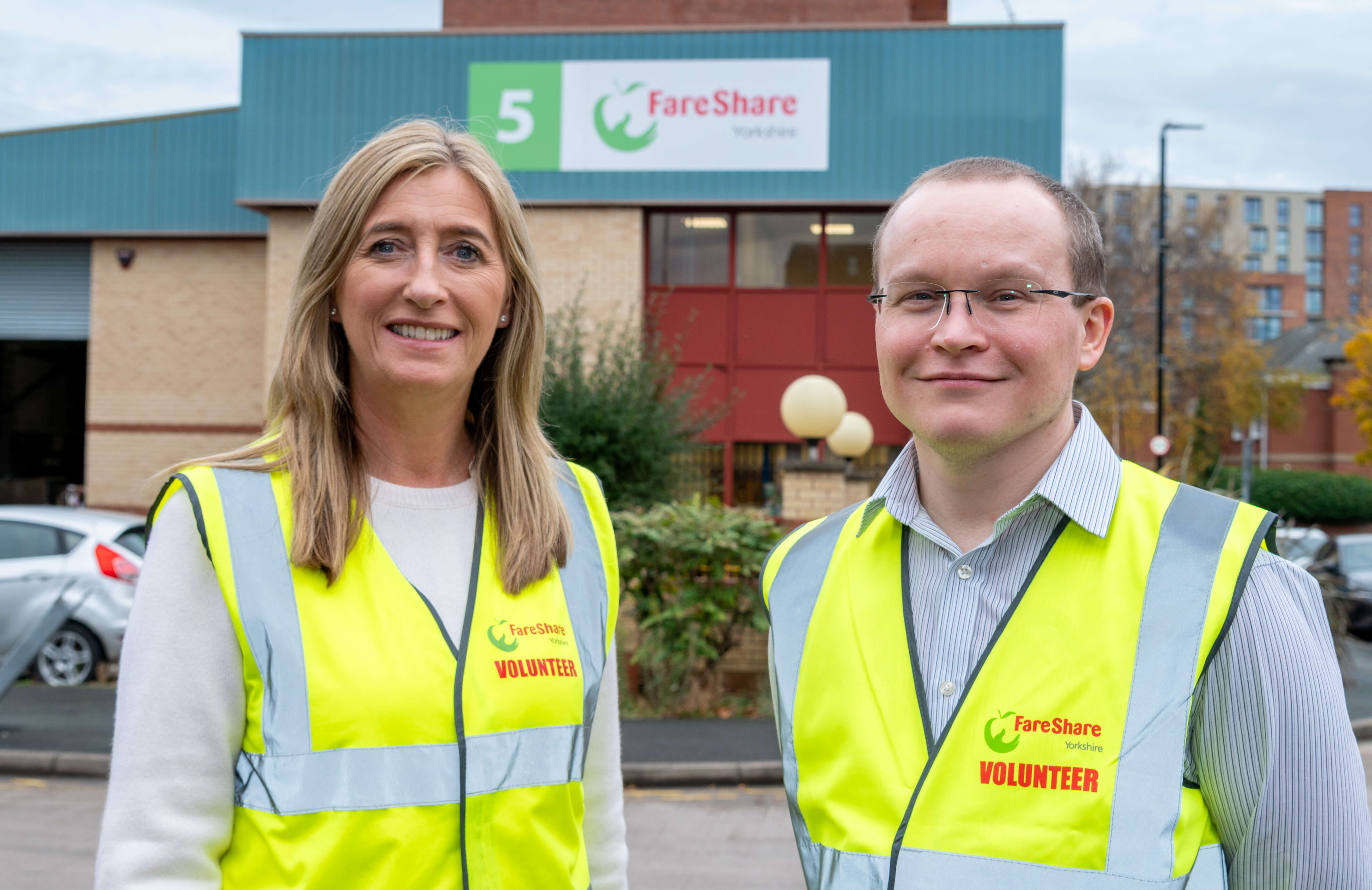First-time buyers still determined to own their own home despite fewer opportunities
- At 290,000, there will be 21 per cent less first-time buyers this year than in 2022, the lowest number since 2013 – however, total purchase activity across the market is down 30 per cent
- The ratio of first-time buyers remains strong at 54 per cent of overall new house purchase activity in 2023, up from 41% a decade ago
- Mortgage costs now amount to one fifth (22%) of all borrowers’ income, the highest proportion since 2008
- Yorkshire Building Society calls for a concerted industry focus on supporting the efforts first-time buyers are making to own their own homes.
First-time buyers are continuing to pull out all the stops to own their own homes, according to the latest analysis from Yorkshire Building Society.
The ratio of first-time buyers in the mortgage market has grown slightly at 54% of new house purchase activity, compared to 53% in 2022 and 50% two years ago – and remains significantly higher than the 41% recorded a decade ago.
Although analysis by Yorkshire Building Society forecasts the number of people taking their first step onto the property ladder will have fallen to 290,000 in 2023, down by 21 per cent on 2022 (370,287) and the lowest number since 2013 (260,000), the fall is less than the 30 per cent drop in overall purchaser numbers. This demonstrates that, while activity across all borrower types has fallen as a direct result of higher interest rates, cost-of-living pressures and house price highs, first-time buyers remain determined to overcome these challenges to invest in their own bricks and mortar.
This year’s fall in first-time buyer numbers also follows the 20-year high of more than 400,000 in 2021, which was fuelled by government initiatives including stamp duty incentives, changing working habits and low borrowing costs post-pandemic.
However, today’s housing market is very different to that of the previous low point in 2013. Mortgage providers want to lend to people in this crucial segment of the market, but borrowers are finding it harder to meet affordability requirements due to the combination of higher house prices, rising day-to-day costs; and interest rates back to more long-term average levels.
The Society’s latest figures echo the findings of its recently launched Home Truths mortgage research report, which suggested four out of five (78%) First-time buyers believe homeownership is becoming an ‘elite privilege’. and these would-be homeowners are putting off major life milestones including getting married (25%) and starting a family (15%), as well as foregoing day-to-day luxuries including holidays (55%), in order to still save up for their first home.
Ben Merritt, the Society’s Director of Mortgages, said it is encouraging that first-time buyer ratios are holding firm but the Government and wider industry must do more to ensure this remains the case. “First-time buyers are the lifeblood of the market and are still clearly keen to buy.
“There is no doubt their aspirations are being hampered by the multiple factors at play, which have resulted in the market contracting by up to 30% this year, but still their numbers have only dropped by 21%.
“This demonstrates a positive ‘can-do’ sentiment with first-time buyers cutting their cloth in order to get on the housing ladder.
“Lenders like us remain committed to developing new products and services to help first-time buyers. However, as our Home Truths report showed, wider industry action is also needed to support first-time buyers. After all, the wider market relies on them, not least to support purchases higher up the chain."
And there may be some positive signs around the corner, according to the Society’s group economist Max Shepherd.
“Current market expectations suggest several rate cuts in 2024, which will ease mortgage rates in the first half of the year,” he said.
“However, this isn’t all good news, as interest rates falling in this way reflects the poor health of the economy overall, which could mean low growth and higher unemployment, which would only increase the urgency around ensuring a concerted approach to supporting first-time buyers.”



